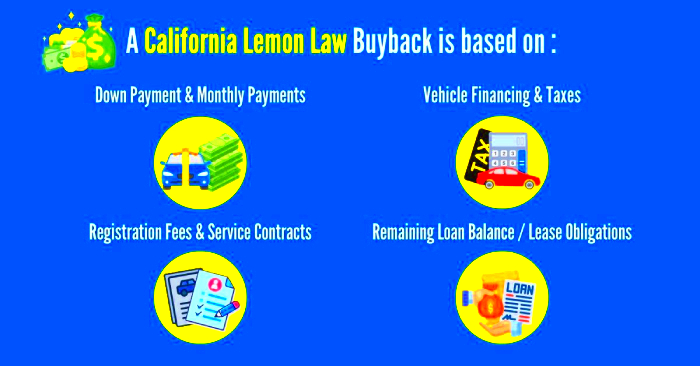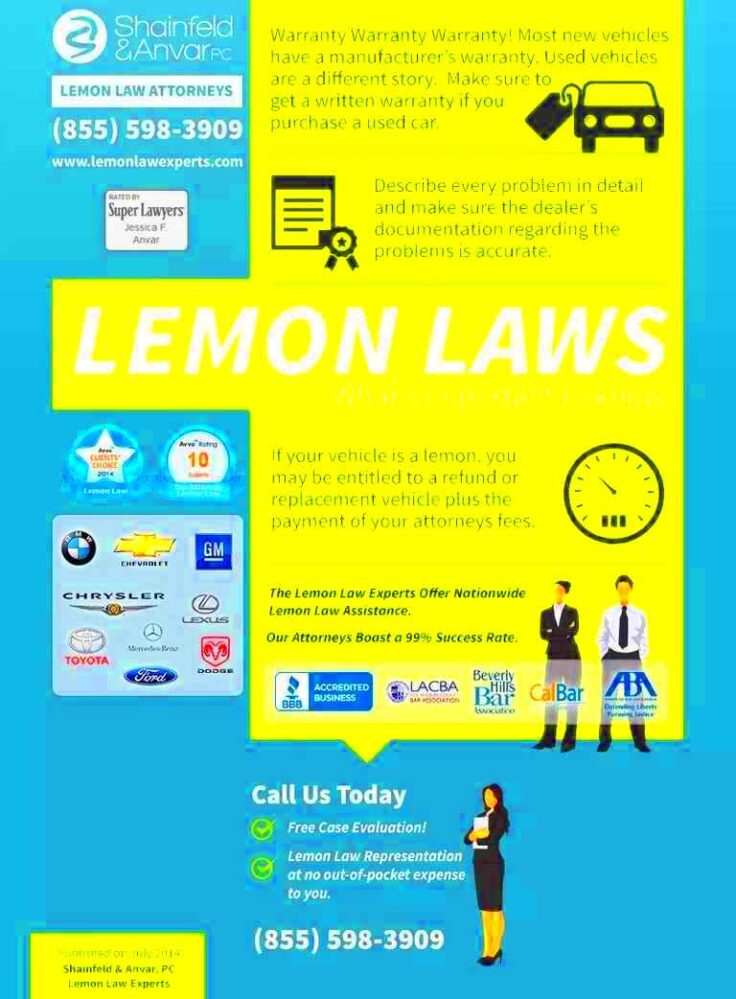Understanding Honda Lemon Law Buyback in Texas
If you own a Honda in Texas and it has persistent problems, you might be eligible for a buyback under the state’s Lemon Law. This law helps consumers get compensation for vehicles that do not perform as expected. In this post, we’ll explore what the Lemon Law means, who qualifies for it, and how the buyback process works. Knowing your rights can save you time, money, and a lot of frustration.
Definition of Lemon Law in Texas

The Lemon Law in Texas is designed to protect consumers who purchase defective vehicles. It applies to new and certain used vehicles that have serious issues affecting their use, value, or safety. According to Texas law, a vehicle is considered a “lemon” if it meets the following criteria:
- The vehicle has a defect that significantly impairs its use or safety.
- The defect occurred within the warranty period.
- The manufacturer or dealer has had multiple attempts to fix the problem.
If your Honda meets these criteria, you may be eligible for a buyback, which means the manufacturer could refund your purchase price, minus any reasonable usage fees.
Eligibility Criteria for Honda Lemon Law Buyback
To qualify for a Honda Lemon Law buyback in Texas, certain criteria must be met. Here’s what you need to know:
- Defective Vehicle: The car must have a defect that affects its use, value, or safety.
- Warranty Coverage: The problem must occur while the vehicle is still under the manufacturer’s warranty.
- Repair Attempts: You must have given the manufacturer or dealer a reasonable chance to fix the issue, typically at least two or three attempts, or the car has been out of service for 30 days or more.
- Purchase from a Dealer: The vehicle must have been purchased from a licensed dealer in Texas.
If you meet these eligibility criteria, it’s important to gather all necessary documentation, such as repair records and warranty information, to support your claim.
Steps to Take if You Believe Your Honda is a Lemon
Realizing that your Honda might be a lemon can be frustrating, but there are steps you can take to address the issue effectively. Here’s what to do:
- Document the Issues: Start keeping detailed records of the problems. Note the dates, symptoms, and any communications with the dealer or manufacturer.
- Review the Warranty: Check your vehicle’s warranty to understand what coverage you have and how it relates to the issues you’re facing.
- Contact the Dealer: Schedule a service appointment to have the problems assessed. Provide them with all the details you’ve documented.
- Request Repairs: Allow the dealer a reasonable opportunity to fix the issues. Usually, this means giving them at least two or three attempts.
- Seek an Independent Inspection: If repairs fail, consider getting a third-party inspection to evaluate the vehicle and confirm the defects.
- Consult a Lawyer: If you still believe your Honda is a lemon, it might be time to speak with a lawyer who specializes in Lemon Law claims.
By following these steps, you can build a solid case and better understand your options moving forward.
Process of Filing a Lemon Law Claim
Filing a Lemon Law claim can feel daunting, but breaking it down into clear steps can make it easier. Here’s the general process you’ll follow:
- Gather Documentation: Collect all relevant paperwork, including purchase agreements, warranty documents, repair orders, and communication records with the dealer.
- File a Notice: Before filing a claim, some manufacturers require you to send a notice of the defects. This notice often gives them one last chance to resolve the issue.
- Choose the Right Venue: You can file a claim in Texas either with the manufacturer or through the Texas Department of Motor Vehicles (DMV) or a local court. Decide which option suits your case best.
- Complete the Claim Form: Fill out the necessary forms provided by the DMV or the manufacturer. Be thorough and precise in describing the problems.
- Attend the Hearing (if necessary): If your claim goes to a hearing, be prepared to present your case. This may include providing evidence and answering questions from the manufacturer’s representatives.
Filing a claim requires patience, but knowing the steps can help you navigate the process more confidently.
Understanding the Buyback Process for Honda Vehicles
If your Lemon Law claim is successful, you may qualify for a buyback of your Honda. Here’s what you need to know about how the buyback process works:
- Initial Offer: Once your claim is approved, the manufacturer will typically make an initial buyback offer based on the vehicle’s purchase price minus any reasonable usage fees.
- Usage Fees: Usage fees account for the miles you’ve driven the vehicle before the defect was reported. This is calculated by dividing the total purchase price by 120,000 miles and multiplying by the miles driven.
- Negotiation: You can negotiate the offer. If you feel the compensation is unfair, gather supporting documentation to present your case.
- Refund Process: Once an agreement is reached, the manufacturer will process the buyback. You should receive your refund within a few weeks.
- Trade-In Considerations: In some cases, manufacturers may offer a trade-in for a new vehicle instead of a cash buyback. Understand the terms of such offers before deciding.
Understanding the buyback process helps ensure you receive fair compensation for your Honda and can move on to a reliable vehicle.
Potential Outcomes of a Lemon Law Claim
When you file a Lemon Law claim for your Honda, several outcomes are possible. Understanding these outcomes can help you prepare for what lies ahead. Here are the most common results:
- Buyback Offer: If your claim is successful, the manufacturer may offer to buy back your vehicle. This generally includes a full refund of the purchase price minus reasonable usage fees.
- Replacement Vehicle: Instead of a buyback, the manufacturer may offer to replace your Honda with a new or similar vehicle. This can be a good option if you still want to stay with the brand.
- Repairs Covered: In some cases, the manufacturer might agree to cover repairs for the ongoing defects, ensuring that your vehicle is fixed at no additional cost to you.
- Negotiated Settlement: Sometimes, a settlement can be reached without a full buyback. This might involve a partial refund or other compensations like extended warranties or service agreements.
- Denial of Claim: Unfortunately, not every claim is successful. If the manufacturer denies your claim, you have the option to appeal the decision or take further legal action.
Knowing these potential outcomes allows you to approach your Lemon Law claim with realistic expectations and prepare for the next steps.
Common Misconceptions About Lemon Law in Texas
Lemon Law can be confusing, and several misconceptions can lead to misunderstandings. Here are some of the most common myths:
- Myth 1 – Lemon Law Only Applies to New Cars: While Lemon Law primarily covers new vehicles, it can also apply to certain used vehicles still under warranty.
- Myth 2 – You Must Go to Court: Many claims can be settled out of court. A hearing may not be necessary if you reach an agreement with the manufacturer.
- Myth 3 – All Vehicle Problems Qualify: Not every issue qualifies as a defect under Lemon Law. The problems must significantly impair the vehicle’s use or safety.
- Myth 4 – You Lose Your Warranty: Filing a Lemon Law claim does not void your warranty. You maintain all warranty rights during and after the process.
- Myth 5 – Lemon Law is Automatic: Just because you think your vehicle is a lemon doesn’t mean your claim will be successful. You must provide evidence and meet specific criteria.
Understanding these misconceptions can help you navigate the Lemon Law process with greater clarity and confidence.
FAQ About Honda Lemon Law Buyback in Texas
Here are some frequently asked questions regarding Honda Lemon Law buybacks in Texas:
- What qualifies a Honda as a lemon in Texas?
- To qualify, your Honda must have a defect that affects its use, safety, or value, and you must have given the manufacturer a reasonable chance to fix it.
- How long do I have to file a Lemon Law claim?
- You typically have 24 months from the date of purchase or the expiration of your warranty, whichever is longer.
- What happens during a Lemon Law hearing?
- A hearing is your opportunity to present evidence supporting your claim. The manufacturer will also have a chance to respond.
- Can I still drive my vehicle while pursuing a claim?
- Yes, you can continue to use your vehicle, but it’s advisable to limit its use if the issues are severe.
- What documentation do I need for my claim?
- You’ll need purchase agreements, repair records, warranty information, and any correspondence with the dealer or manufacturer.
Having answers to these questions can help you feel more confident as you navigate the Lemon Law process.
Conclusion on Honda Lemon Law Buyback in Texas
Understanding the Honda Lemon Law buyback process in Texas is crucial for any vehicle owner facing persistent issues with their car. The Lemon Law offers vital protection for consumers, ensuring that if your Honda qualifies as a lemon, you have the right to seek a buyback, replacement, or repairs. By documenting your vehicle’s problems, following the necessary steps, and knowing your rights, you can effectively navigate this process. While it may seem overwhelming, many resources and legal professionals are available to assist you. Remember, being informed and prepared can significantly enhance your chances of a successful outcome.


